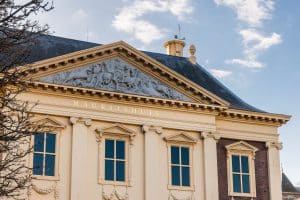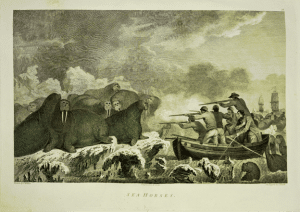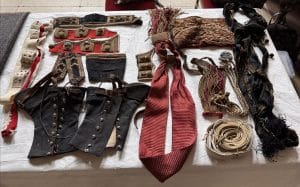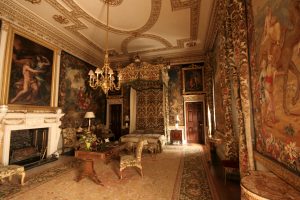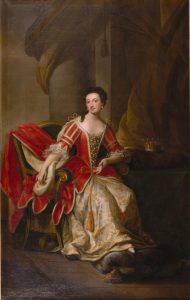An Extraordinary Woman: Polly Fishburn
March 8, 2021 | Treasure tales and archive snippets | 4 minute read
Looking through the lists of workers on the Holkham estate I often find that particular families are associated with specific roles and this can last a few generations. One family name that reoccurs with gamekeeping is Fishburn, and I have recently been looking to a remarkable member, Polly.
Polly Fishburn was born in Yorkshire in 1796 and moved to Holkham with her parents in the early nineteenth century. Her father George was a gamekeeper and they lived at Church Lodge. Polly would have grown up with the sights, sounds and smells of her father’s job. At this point the famous agriculturalist Thomas William Coke owned the estate and for three winter months every year, Holkham was renowned for its shooting parties, twice weekly battues, and partridge shooting and wild fowling. It would have been an immensely busy time for the team of gamekeepers, and I expect the young Polly would have helped out as much as possible.
As Polly grew older, she needed to find employment, and I first found Polly working in the Hall as an undermaid in 1813. Working in the Hall must have been in sharp contrast to life at home and it’s clear from the various accounts I’ve seen that it was not a job that she found at all satisfying. It is reported that on one occasion when Polly heard the guns on a shoot days, she downed ‘the saucepans, and Polly jumped over the kitchen table and was off’. It was clear her interests and expertise lay outside of the cook’s domain and was much better suited to working outside. Remarkably for the times, Polly was able to change her role to work with the gamekeepers. Polly must have loved the freedom to work on the land and was an experienced horsewoman.
The gamekeepers would normally have taken their meals with the lower servants in the Servants Hall where there were separate tables for men and women. Polly should have joined the housemaids, but they made it clear they didn’t want to her to join their table. Instead Polly took her meals in the Nursery after Coke’s grandchildren had finished their meals, and would chatter to the children in the passageways in Chapel Wing. Here and in the stables it is highly probable that she would have known that other great female pioneer shaped by her formative years: Jane Digby.
In Volume II of his book Fifty Years of my Life, written in 1876, Lord Albemarle remembered Polly as ‘a pretty girl, with large black eyes, red cheeks and white teeth and unusually as having cropped hair and wearing a man’s hat.’ She wore feminine clothes, but they would have needed to be immensely practical for her physical job. She was a formidable character which two young gentlemen guests found out to their peril. They had called at Church Lodge and asked Polly to show them the church but on the way tried to steal a kiss from her; while they were in the belfry, admiring the view, she turned the key on them and there they remained for several hours, missing dinner and becoming the laughing stock of their fellow guests! She was a terror of poachers, which whom she had frequent encounters, giving and taking hard knocks, but usually ending with the poachers up before magistrates. Another occasion saw Polly taking on a bull that had killed a labourer on the marshes. When the bull saw her approach, it is reported that it backed off immediately as he recognised her from a previous encounter when she had shot in the muzzle as he charged her!
Eventually, Polly returned with her widowed mother and lived near Cannon Hall in Yorkshire, the home of Coke’s youngest married daughter, Elizabeth where she had a cottage, (rent-free) and three cows. During a visit there by the heir to Holkham, she was overheard saying to him, ‘Oh, my Lord, what a spree we had over them wild ducks!’ She died unmarried in 1873 and is buried alongside her mother in Cawthorne Churchyard.
View all latest blog posts here.
